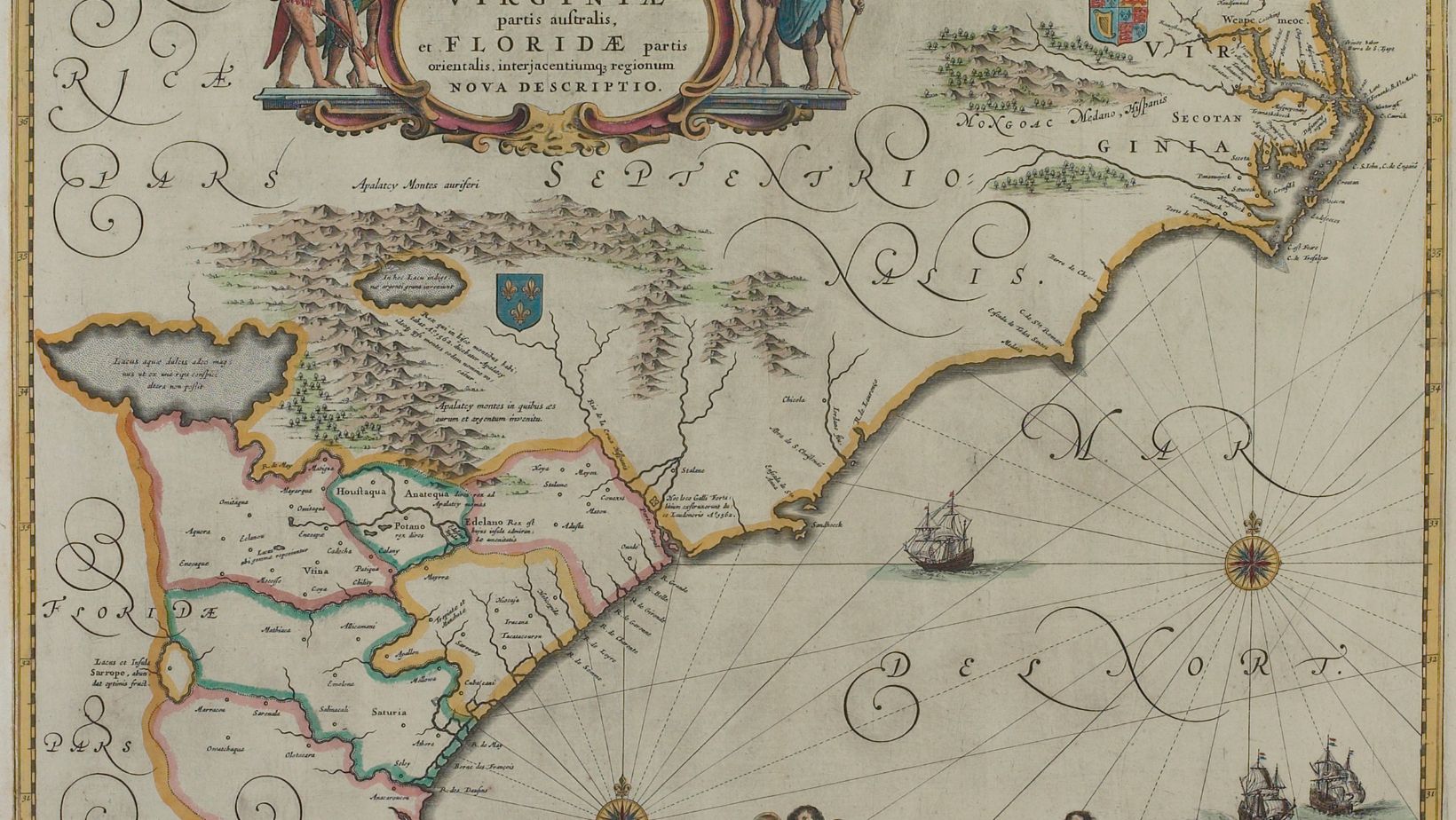
Ever wondered how European countries utilized their Pacific Island colonies? I’m about to take you on a historical journey that’ll shed light on this intriguing subject. We’ll explore the various ways these nations exploited these territories to their advantage.
From the 16th century onwards, European powers began staking their claims on these far-flung islands. They saw immense potential in these lands, rich in resources and strategically located. We’ll delve into the economic, political, and cultural impacts these colonies had on both the colonizers and the colonized.
How Did European Countries Use Their Pacific Island Colonies
In the exploration of the historical journey that European countries undertook in the Pacific, it’s essential to grasp the motives behind their actions and the processes they put in place. Let’s dive in and unmask the motivations for colonization and the colonization process itself.
Motivations for European Colonization
Over the centuries, the Pacific Islands caught the attention of European nations for a number of reasons. I’ve distilled three significant motivations:
- Abundance of Resources: These islands were rich in natural resources. From valuable timber and spice to exotic fruits and fish, the Europeans found a treasure trove that nurtured their homes and bolstered their economies.
- Strategic Location: The Pacific Islands are strategically nested across vast oceanic expanses, presenting an avenue for the establishment of shipping routes and naval bases. This position offered European nations enhanced power dynamics and global influence.
- Culture Extraction: Europeans were fascinated by the unique cultures of the Pacific Islands. From arts and music to language and customs, they sought to study, document, and at times exploit these cultural wonders.
Granted, the motivations varied across different nations and time periods, but these motives served as the backbone for most of their Pacific endeavors.
Colonization Process
When European nations began the process of colonization, they weren’t welcoming hosts. Instead, they swiftly established structures to exploit these islands to their advantage.
Firstly, Europeans introduced administrative structures, appointing rulers and enforcers from their own nations. The new rule was stringent and direct. This was followed by the imposition of European laws, regulations, and practices, often with little regard for local customs or traditions.
Then came economic structures. Europeans took charge of the land, the waters, and the resources they held. They established vast plantations, mines, and fishing enterprises exploiting local manpower through a system of coerced labor.

Economic Exploitation of Pacific Island Colonies
As we delve deeper into the exploration of Pacific Island Colonies, let’s now discuss the economic perspective. Economic exploitation was a key motivation for European colonizers. The islands were a treasure trove of untapped resources that promised great returns. From plantation agriculture to the extraction of natural resources, the colonies were subjected to intense exploitation that yielded significant economic benefits for the European colonizers, but proved calamitous for the indigenous populations and the natural balance of these idyllic lands.
Plantation Agriculture
The ideal climate and fertile soil of the Pacific Islands were perfect for plantation agriculture. Huge tracts of land were transformed into sprawling plantations for cultivating cash crops such as sugarcane, pineapples, coconuts and coffee. Using coerced or cheap indigenous labor, the Europeans were able to ensure high productivity at minimal costs. The lucrative output from these plantations meant substantial profits for the colonizers, significantly boosting their domestic economies.
| Crop | Pacific Island | European Beneficiary |
| Sugarcane | Fiji | Britain |
| Pineapples | Hawaii | America |
| Coconuts | Samoa | Germany |
| Coffee | Papua New Guinea | Australia |
It’s also important to note that plantation agriculture led to the disturbing displacement and disenfranchisement of local peoples. Indigenous land rights were ignored or suppressed, communities were uprooted, and a way of life was forever altered.
Extracting Natural Resources
Besides agriculture, the extraction of natural resources also played a significant part in the economic exploitation of the Pacific Islands. These islands were rich in a variety of minerals such as phosphates, nickel, and copper. Specifically, Nauru and Banaba were replete with high-quality phosphate deposits, which were intensely exploited by both Britain and Australia for their fertilizer industries.
| Mineral | Pacific Island | European Beneficiary |
| Phosphates | Nauru | Britain, Australia |
| Nickel | New Caledonia | France |
| Copper | Papua New Guinea | Australia |
The extraction of these resources not only profited the European economies but also wreaked havoc on the islands’ environments, thus laying the groundwork for the ecological concerns we face today.
As we continue our journey uncovering the myriad ways through which European countries utilized their Pacific Island colonies, it becomes increasingly clear that the perceived economic gains came with grave societal and environmental costs. A balance that was disrupted and a harmony that was lost. These islands, in their strife and struggle, tell a tale of history that remains etched in their landscape, reminding us of a legacy that should never be forgotten.












